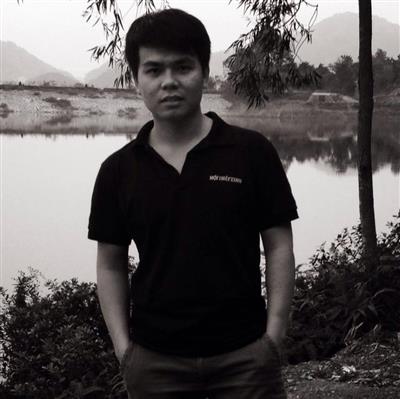Excellencies, distinguished delegates,
It is not a new story, but the COVID-19 pandemic has underlined in a vivid way that disasters put the human rights of vulnerable groups, and in particular in the case of this pandemic, older persons at serious risk.
The COVID-19 pandemic is a public health crisis that has become an economic and social crisis as well as a protection and human rights crisis.
It is also a remarkable reflection of the inequality that exists across the world.
By one estimate, the world’s most developed nations have secured enough planned deliveries of COVID-19 vaccines to cover their populations more than 4.5 times over, while the world’s poorest nations have only procured enough for 10% of their populations.
The fear must be that those older persons who live on the margins of society will not be first in the queue, when it comes to vaccinations in developing countries which face logistical challenges in delivering health services at the best of times.
Although we still have a long way to go in improving the collection of disaggregated data by age, sex and disability there is plenty of evidence to support the view that older persons are disproportionately affected by disasters.
The pandemic is a case in point, given the high loss of life in care homes for older persons even in the most advanced economies. Furthermore, even those who were not affected physically endured long periods of solitude with impact on their mental health.
Older persons are also particularly vulnerable to heatwaves. Many of those who have died as a result of the heatwave affecting Vancouver in recent days were older persons.
When Hurricane Katrina struck New Orleans in 2005, 75% of those who died were aged over 60, though this group comprised only 16% of the population.
In the Great East Japan Earthquake and Tsunami of 2011, 56% of those who died were aged 65 or over, though they were only 23% of the population.
The majority of older persons surveyed in the affected area, said their health deteriorated after Typhoon Haiyan struck the Philippines.
These and many other major disaster events ensured that UN Member States adopting the Sendai Framework for Disaster Risk Reduction in 2015, made special mention of the need for governments to engage with older persons.
Older persons have years of knowledge, skills and wisdom, which are invaluable assets to reduce disaster risk. They must be included in the design of policies, plans and mechanisms including for early warning.
To date, just over 100 UN Member States have adopted national strategies for disaster risk reduction in line with a key global target of the Sendai Framework.
It is incumbent on governments, local governments, and national disaster management agencies to ensure that these existing strategies and others in development, make adequate provision for the inclusion of older persons.
We know from a past survey conducted by UNDRR of older persons that issues such as mobility and access to transportation are important challenges that need to be addressed for many when it comes to timely evacuation in advance of an extreme weather event.
Apart from ensuring their protection and safety, there is also a need to recognise the role they can play in building a community’s resilience to disasters.
This is obvious when one considers the active role that many older persons play in raising and minding their grandchildren, and their high levels of participation in voluntary organizations.
This cohort of the population has a lot to contribute to strengthening national and local strategies for disaster risk reduction based on their life experience and understanding of the particular challenges that their peers might face in a crisis such as a flood, a storm or a heatwave.
In general, I would like to conclude by stating that the pandemic must serve as a wake-up call on human rights issues that are likely to become increasingly common as the climate emergency worsens.
The high mortality rate experienced by older persons, the rise in xenophobia and domestic abuse, and restraints on freedom of speech, are not phenomena unique to one type of natural hazard but can arise in many circumstances.
Accountability and human rights are at the centre of the people-centred approach to disaster risk management advocated by the Sendai Framework.
Persons at risk of any disaster must be consulted and must participate in making decisions relevant to their lives.
The most basic human right of all, the right to life, depends on this.
Thank you for your attention.

Tôi là Nguyễn Văn Sỹ có 15 năm kinh nghiệm trong lĩnh vực thiết kế, thi công đồ nội thất; với niềm đam mê và yêu nghề tôi đã tạo ra những thiết kếtuyệt vời trong phòng khách, phòng bếp, phòng ngủ, sân vườn… Ngoài ra với khả năng nghiên cứu, tìm tòi học hỏi các kiến thức đời sống xã hội và sự kiện, tôi đã đưa ra những kiến thức bổ ích tại website nhaxinhplaza.vn. Hy vọng những kiến thức mà tôi chia sẻ này sẽ giúp ích cho bạn!
